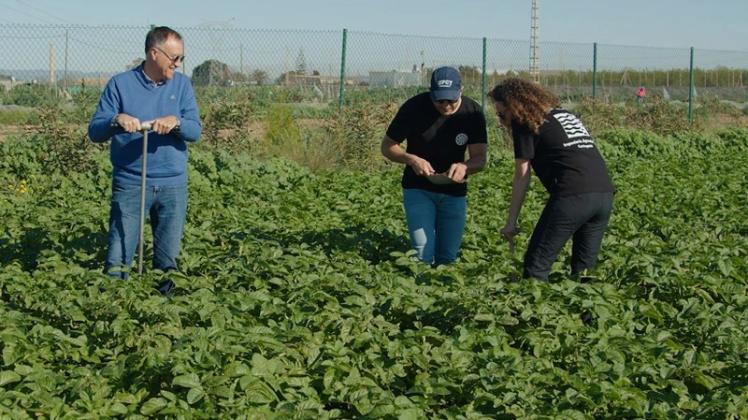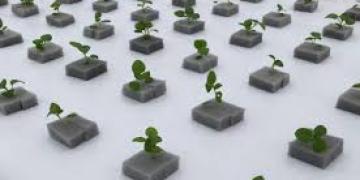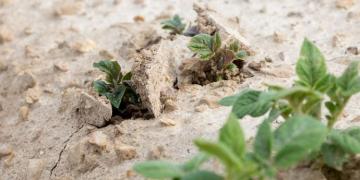Spain: Biostimulants as a replacement for mineral fertilizers in potato cultivation
This has a greater impact, as potato producers in semi-arid areas have promoted the creation of a quality seal in an effort to improve their market performance.

The Polytechnic University of Cartagena, Spain, applied biostimulants to potato crops to replace mineral fertilizers at its Experimental Agrifood Station. According to results published in the journal Chemical and Biological Technologies, the use of microorganisms (bacteria and fungi) has the same yields as traditional fertilization, while improving soil conditions and reducing greenhouse gas emissions and disease.
This has a greater impact, as potato producers in semi-arid areas have promoted the creation of a quality seal in an effort to improve their market performance. This is intended to ensure that intensive crops reduce their environmental impact, improving nutrient availability and plant health.
In this sense, according to Irene Ollio, one of the study’s authors, the use of biostimulants not only maintains yield, but also reduces CO2 emissions by 40%, has a positive impact on microbial biodiversity, and reduces the presence of plant pathogens. Furthermore, it has a positive effect on market supply and demand, boosts beneficial microbes, improves the nitrogen cycle, and supports the crop microbiome.
In this regard, the experiments consisted of designing randomized blocks with conventional mineral fertilization, a 50% reduction in fertilization, and a combination of two different microbial inoculants. Based on this, samples of soil mass, rhizosphere (soil surrounding plant roots), and tuberosphere were collected at four stages: before planting, before and after inoculation, and at harvest. In this regard, it was concluded that microbial inoculants are a promising alternative to replace chemical fertilizers, particularly in potato crops, having positive effects on the ecosystem of semi-arid areas.
Fuente: revistamercados.com




